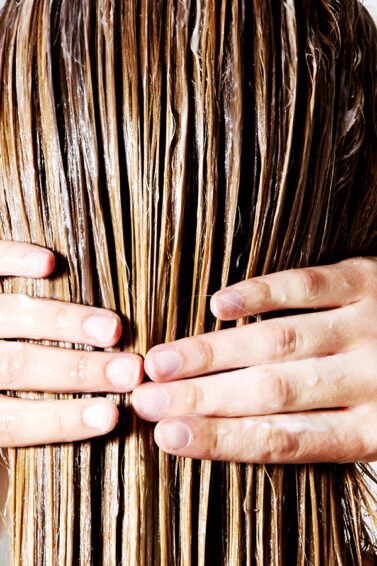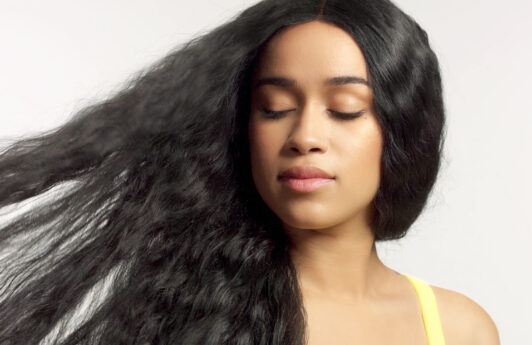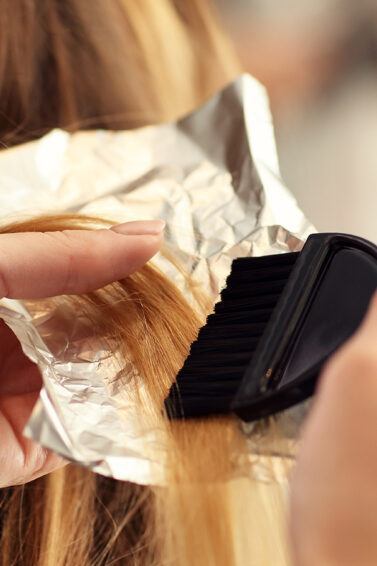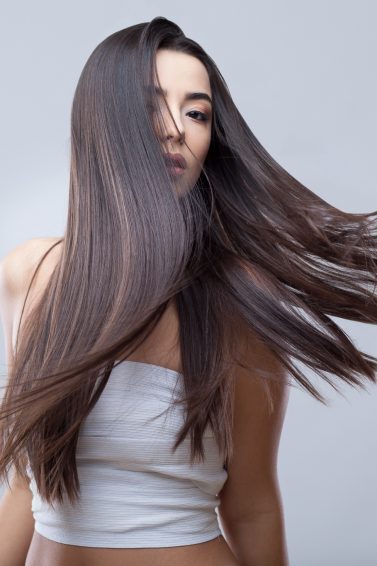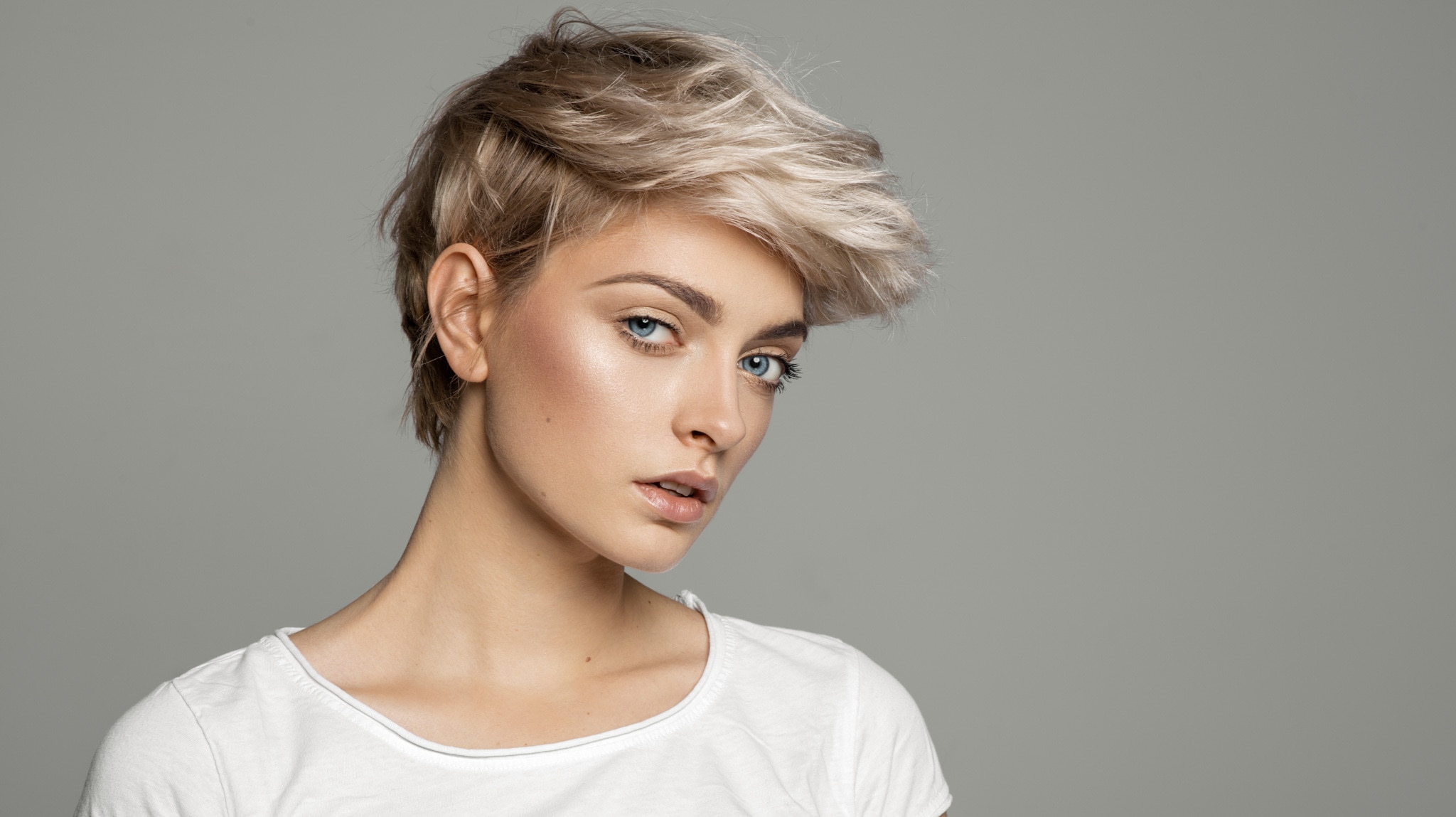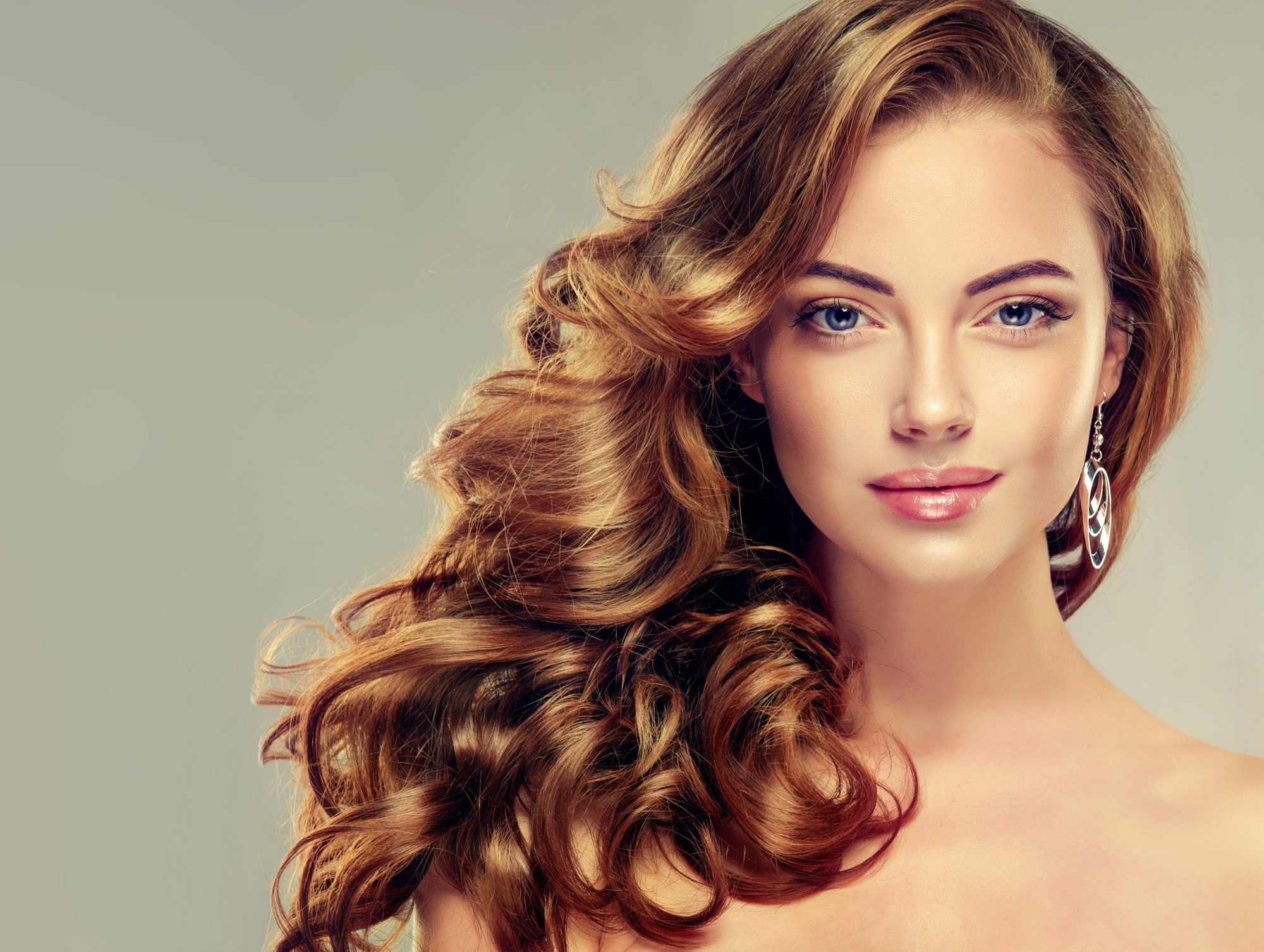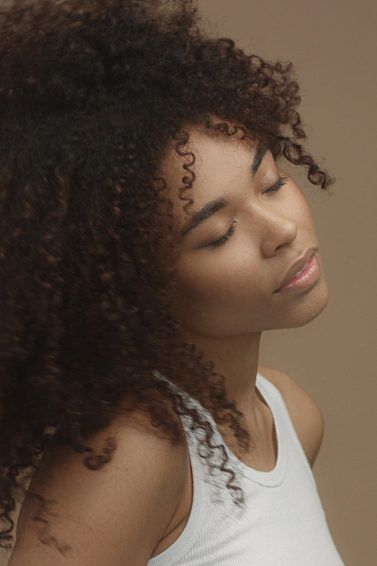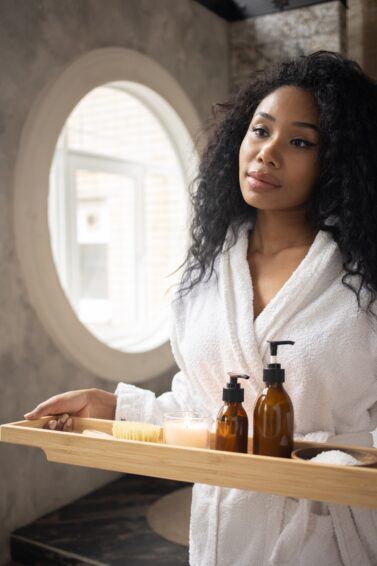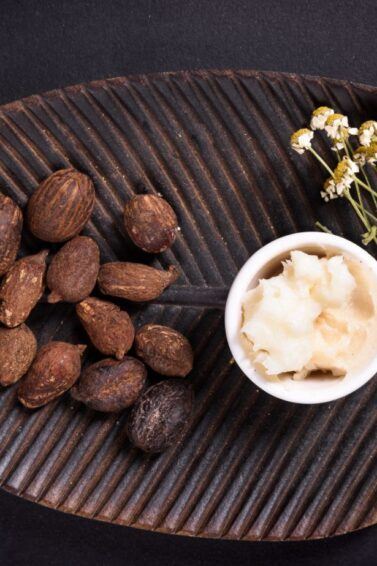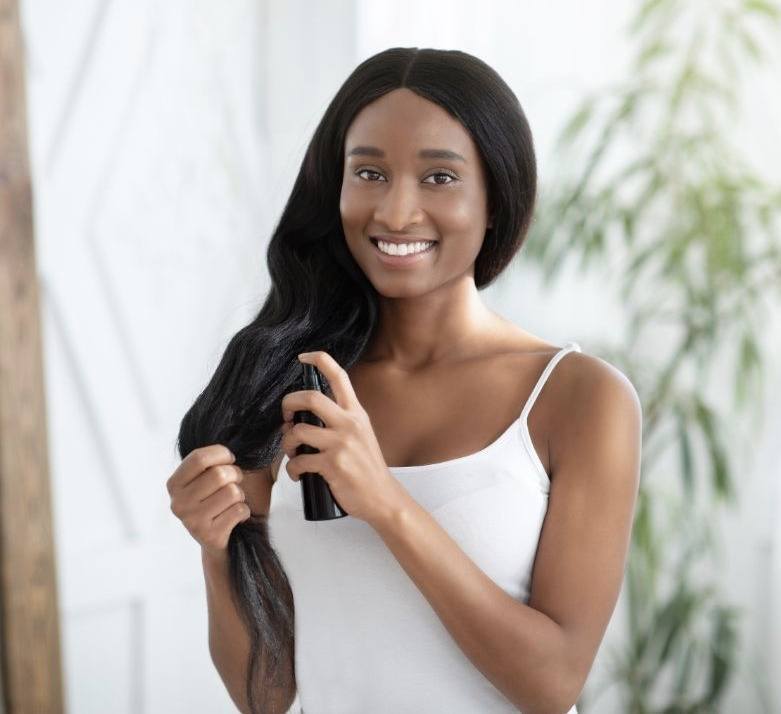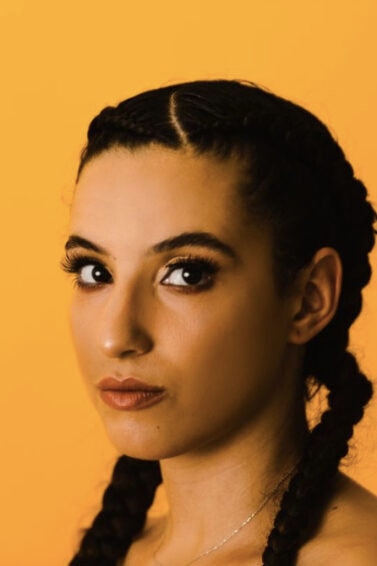Hacks & Inspiration
from Hair Experts at Unilever
Everything You Ever Wanted to Know About Keratin Treatments in 2020
Keratin for hair: Here’s everything you need to know about the most talked about hair treatment around.
Natasha | September 26, 2018
We’ll be the first to admit: there’s a lot of conflicting information out there about the keratin hair treatment. The scares, the scars, the successes and the horror stories: they’re all there, just floating around to be found on the internet, with each fact (or fiction!) confusing you more than the last. So if you’re one of the many thousands of women considering this so-called miracle straightening treatment, what are the things you should know before making the commitment?
Here at All Things Hair, we believe that the best possible option is always to educate yourself on the topic, whatever that may be. That way, you can confidently walk into a salon, armed with the knowledge – and confidence – that you’re making the right decision. Which is why we’ve done all the research to get the lowdown on keratin treatments, so you don’t have to.
Below are our answers to all the questions you should be asking, or perhaps didn’t even think to ask, about this hair straightening treatment.
What is Keratin Treatment?
A keratin hair treatment is a chemical salon treatment that uses a blend of keratin (that’s protein to you and us) and other ingredients, in combination with heat to help smooth hair while also making hair shinier and healthier-looking.
Is Keratin Treatment permanent?
No. Unlike traditional relaxers and Japanese hair straightening treatments (AKA thermal reconditioning), keratin hair treatments do not last forever. The process targets only the outer layer of the hair, rather than changing the inner structure of it, so on average, you can expect the results to last between 2-6 months.
Can I do it at home?
Yes (sort of)! We’re not talking salon-type treatments here, though. But there are some good hair treatments you can do at home that deliver great results by essentially coating the strands with a protective layer to keep humidity out.
These treatments don’t affect or change any bonds in the strands, so they won’t damage your hair either. Just have realistic expectations on how long the effects can last: usually, that can be anything up to a week.
Editor’s tip: Our favourite keratin-infused wash and care set? The TRESemmé Keratin Smooth Shampoo and Conditioner, which will gently cleanse and nourish your mane.
Will keratin damage my hair?
No. Actually, it should have quite the opposite effect. Remember that keratin is the main ingredient that makes up the outer layer of our hair. So if this is a process that literally soaks your strands in the stuff (and using heat to help seal it in!), then it should, in theory, make your hair feel stronger, healthier-looking, and glossier, right?
How do I know if it’s for me?
If you’re forever trying to smooth or straighten your locks, there’s a good chance a keratin hair treatment is the one for you (it’ll significantly decrease your blow-dry time, that’s for sure).
On the other hand, if your hair is damaged from styling or heat, or lacks shine, it might be worth considering this treatment, as keratin can help repair the strands, too.
So how do I know which type of Keratin Treatment is best for me?
As mentioned above, deciding on which type of treatment to go for depends entirely on your natural hair texture and, of course, the desired effect. If you want to smooth tresses but retain those natural waves, ask your hairdresser for a weaker formulation that won’t straighten out your curls completely.
Conversely, if you have straight hair, a keratin treatment may also be your answer to smoother, shinier, more manageable tresses!
Is it a one-size-fits-all procedure?
No. There’s an abundance of different types of keratin for hair. So you should definitely be wary of salons that offer only one single kind. Generally speaking, keratin treatments work best on thicker strands, but there are milder formulas that are more suitable for thinner hair, too.
Is it safe?
Yes — but not for everyone. The formulas used in keratin hair treatments often contain formaldehyde, or more specifically a chemical called formalin, which can transform back into formaldehyde when heated at 450 ℃. But don’t panic: the level of formaldehyde produced during a salon treatment is completely safe.
However, if you suffer from certain allergies or have a sensitive scalp, you should always consult a GP before getting a treatment.
Can I get it done if I have dyed or bleached hair?
Yes. Unlike other straightening treatments (home-use flat irons included), the keratin method is actually good for bleached and dyed hair. This is because it can help make it feel healthier and restore shine.
But do formaldehyde-free keratin treatments work?
While there’s no such thing as an entirely chemical-free hair straightening treatment, formaldehyde-free formulas are now widely available in salons.
These types of treatments tend to be more pleasant in olfactory terms. Plus, they’re safer for your skin (sensitive scalp sufferers: take note). But understand that without formaldehyde, your hair can only be smoothed and flyaways can be tamed. However, it can’t actually be straightened. So results will vary significantly from formaldehyde formulas.
How can I make the most out of my keratin hair treatment?
Look after your locks post-treatment. Wash your hair less often than you’re used to (preferably no more than three times a week). Also, switch up your shampoo and conditioner to ones that are infused with keratin and/or contain less or no sulphates.
Now you know the facts, you can confidently decide if a keratin treatment is for you.
Products You Might Also Like
Our Tips & Advice
- slide 1
- slide 2
- slide 3
- slide 4
- slide 5
- slide 6
- slide 7
- slide 8
- slide 9
- slide 10





